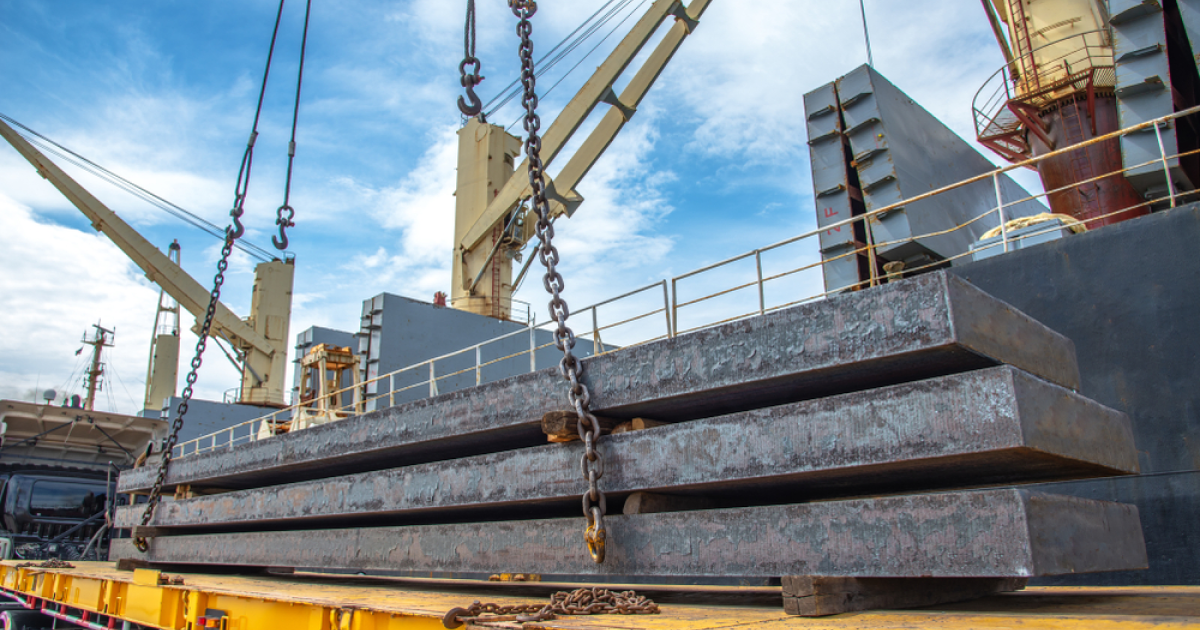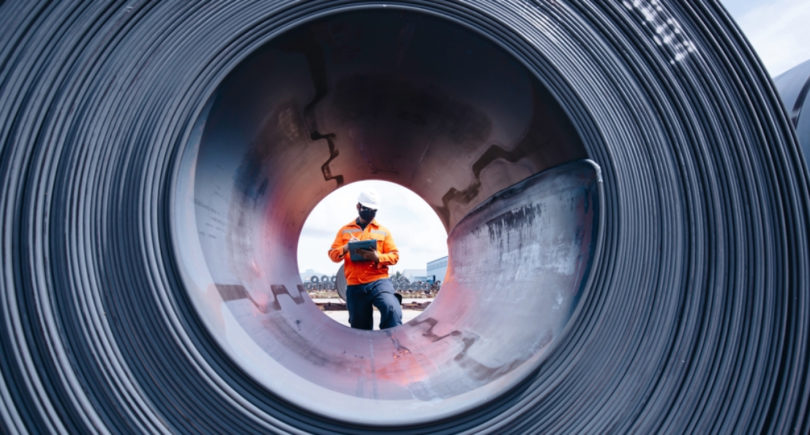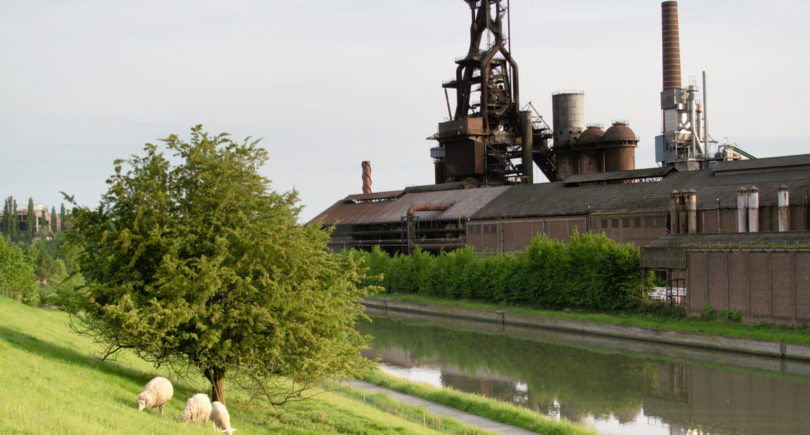
News Global Market sanctions 441 20 December 2023
The association believes that this decision weakens sanctions and contradicts the EU's climate goals
The European Steel Association (EUROFER) has expressed its disagreement with the European Commission’s decision to extend the permit for imports of Russian semi-finished products to the EU until 2028. This is stated in the organization’s statement.
According to EUROFER Director General Axel Eggert, the EU member states have made a historic mistake by granting further exemptions for the import of high-carbon Russian semi-finished products. According to him, this decision fuels a flawed system that not only weakens EU sanctions against Russia, but also contradicts the bloc’s climate goals.
«The opportunistic interests of a handful of steel processing enterprises, taken up by a few Member States with a veto right, are undermining the objectives of the sanctions, where steel plays a strategic role not only in the overall Russian economy but also directly in the Russian military machine engaged in the war of aggression against Ukraine,» Eggert said.
The general director of the association noted that currently Russian slabs are 26% cheaper than slabs from other third countries, so some metallurgical companies seek to preserve the current advantage, which they unfairly enjoy.
«If Ukrainian shippers working in the EU can diversify their sources of import of semi-finished products away from Russia, why can’t other importers?» Eggert said.
Earlier, EUROFER opposed continued import of Russian semi-finished products to the EU. As the association noted, the bloc has to reject additional requests from several member countries on this issue.
As GMK Center reported earlier, the 12th package includes the European Union continued the quotas on Russian slabs for another four years. The total quota for imports of these products from October 2024 to September 2028 is set at 8.5 million tons with a more detailed breakdown by period. The previous sanctions on slab imports were imposed in October last year as part of the 8th sanctions package. At that time, it was decided that it could last until the end of September 2024 within the established quotas, and that imports would cease on October 1, 2024. However, the 12th sanctions package actually eased the previously imposed restrictions.



